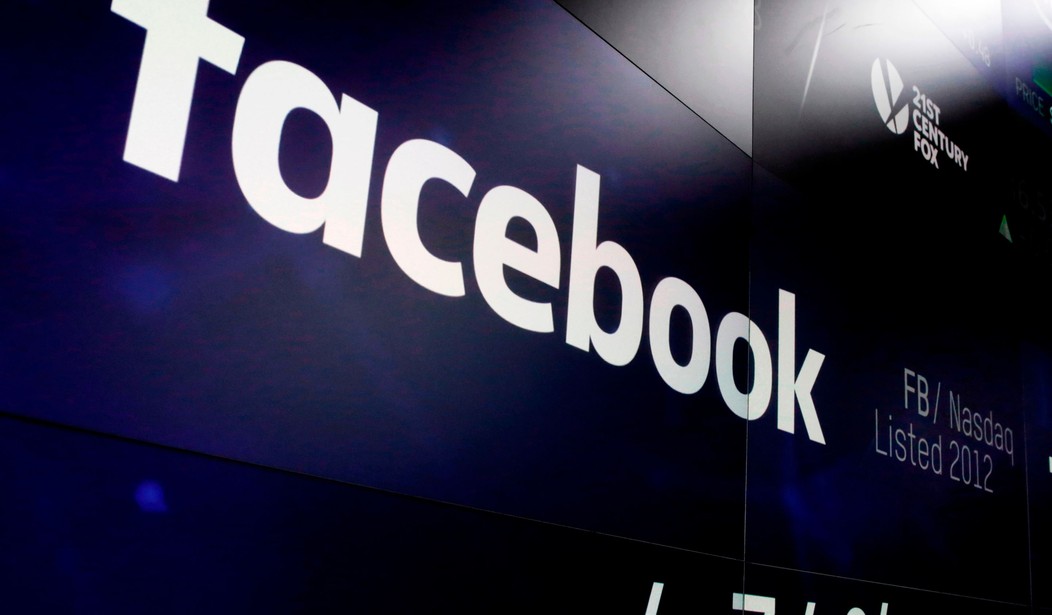Republican and Democrat lawmakers are moving forward with the National Defense Authorization Act (NDAA) despite President Trump’s threats to veto the legislation. The final draft does not include the repeal of Section 230 of the Communications Decency Act of 1996, which provides certain protections for online platforms.
The debate over Section 230 has persisted for years as both sides are targeting social media companies like Twitter and Facebook over their content moderation and censorship practices. However, some are not too keen on removing the section altogether.
John Matze, CEO of Parler, an alternative social media platform that is quickly gaining popularity, recently argued against repealing Section 230, indicating that it could curtail free speech. During an appearance on Fox News with host Maria Bartiromo, Matze disagreed with Trump’s stance on Section 230 and pointed out that removing the protections would decrease competition and harm smaller companies.
He said:“Section 230 is actually a really nice thing, because what it does is it protects small businesses from liability who are trying to compete with big tech. And so I just respectfully disagree in some extent.”
Matze continued, agreeing with Trump on the clear bias demonstrated by Facebook and Twitter, but insisted that this move would harm smaller companies trying to compete. He said:
“This liability protection is being abused by big tech. But I don’t think an outright removal of 230 is a good idea because it promotes competition and it actually helps the small guys more. You know, 230, if it was removed, wouldn’t have a big impact on companies with a large financial balance sheet like Facebook, Twitter, and even Parler. We would be OK, but any other competitors would get hurt the most.”
While Matze asserted that Section 230 should not be repealed, he did suggest that changes could be made to address Twitter and Facebook’s biased moderation policies. Bartiromo told the CEO a story about her friend who tried to share one of the host’s promos, but was prevented from doing so by Instagram. “She wanted to forward my promo to other users and she got this black screen on top of it telling her to go look at the election results,” she said.
Matze replied, agreeing that Instagram was taking a shot at the president and noted that this is an example of “editorialization” that should be looked at. “Yeah, they wanted a jab at him. I mean, it’s really what it is, is it’s an editorialization,” he acknowledged. “And it goes back to, I think President Trump’s concern is these 230 provisions are being abused. It’s just a matter of how he wants to do it in a way that’s going to help everybody. And I think promoting competition is key.”
Section 230 shields websites like YouTube, Twitter, Facebook, and others from being sued because of the content their users post daily. If this measure were repealed, these platforms, along with alternatives like Parler and MeWe, would be subject to substantial legal risks that would make it more expensive to host user content. The key declaration in the measure is: “No provider or user of an interactive computer service shall be treated as the publisher or speaker of any information provided by another information content provider.”
Leaders on both sides of the aisle are seeking to alter Section 230 protections, but for different reasons. Republicans are looking to compel social media platforms to apply their censorship practices equally instead of basing their moderation decision on political affiliation.
On the other hand, Democrats want to make websites liable for disinformation that users spread on their platforms. Of course, anyone with a modicum of common sense knows this just means they want to target conservative content under the guise of combating falsehoods online. Former Vice President Joe Biden and many others on the left have indicated that they also want to compel these companies to crack down on “hate speech.”
Matze could be right about repealing Section 230. It would not be wise to put forth a solution that is worse than the problem. But perhaps there could be ways to amend the section to ensure that people are being treated fairly regardless of political persuasion.
While government involvement is not desirable, it is abundantly clear that the far-leftists at these companies will not cease their biased censorship practices, and if Democrats are already going to push legislation to address online platforms, it would be better for conservatives to ensure that they cannot simply use the government to promote their leftist agenda on social media.
Let me know what you think in the comments below!













Join the conversation as a VIP Member